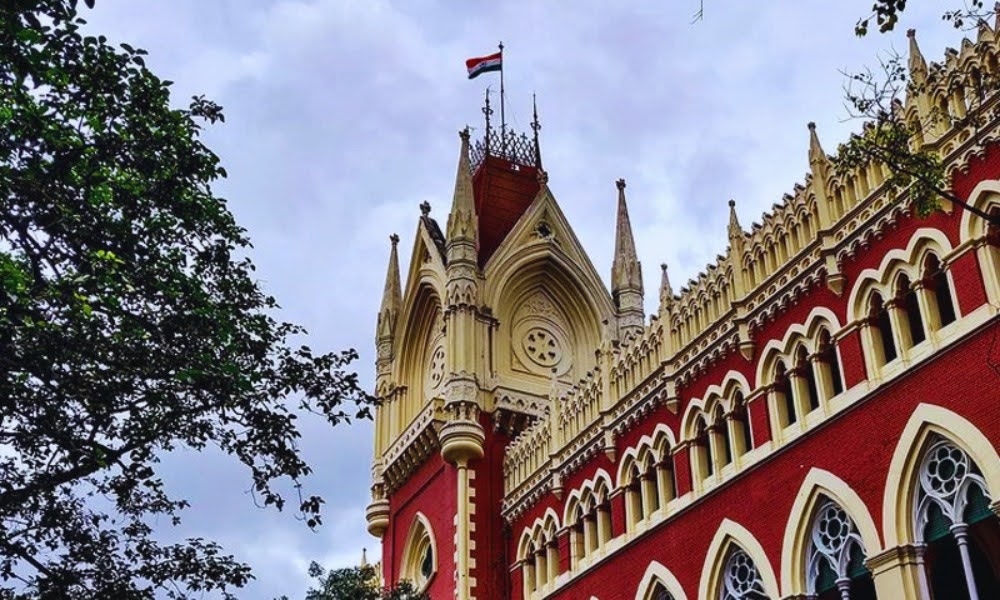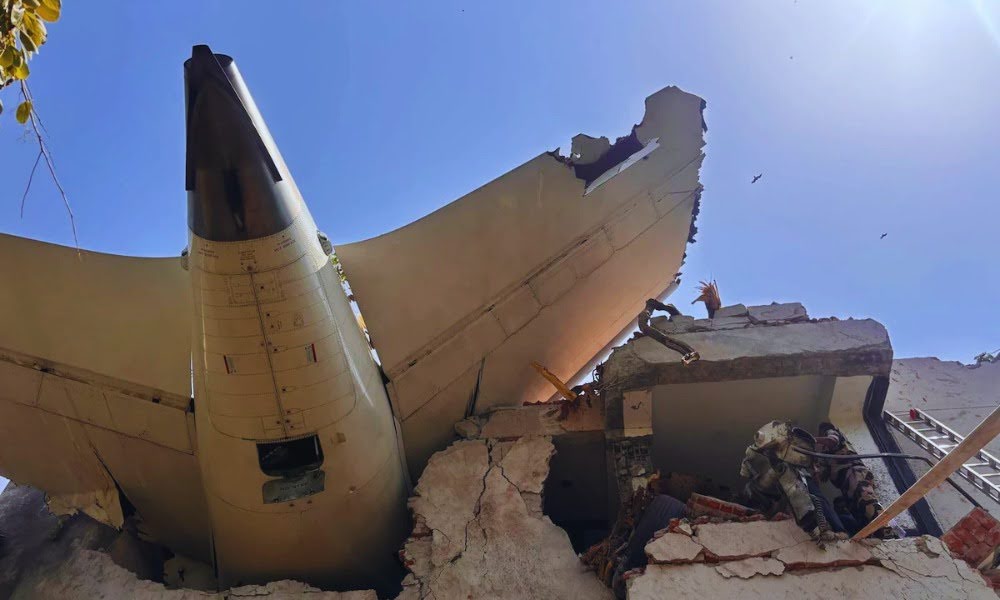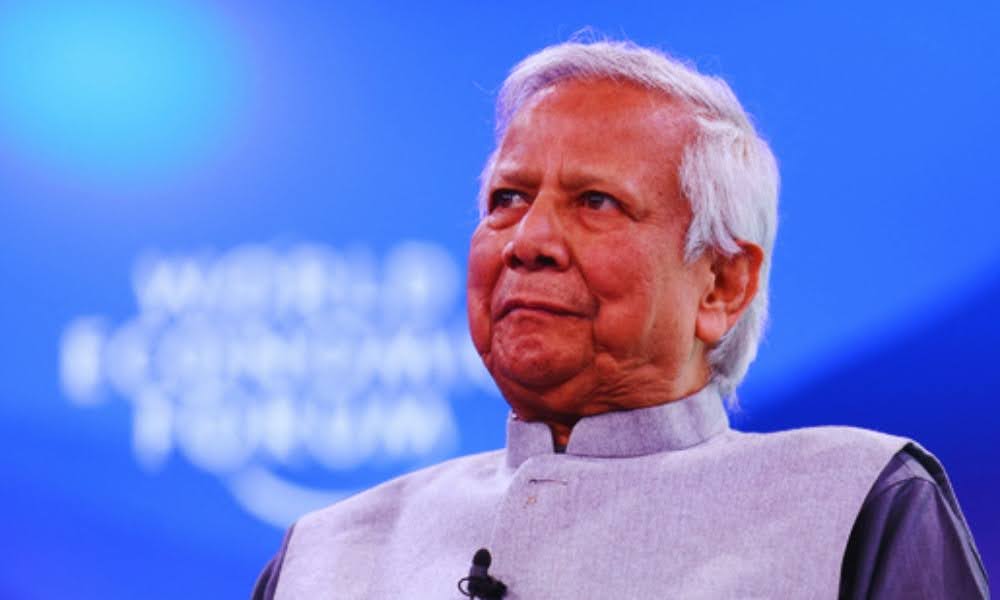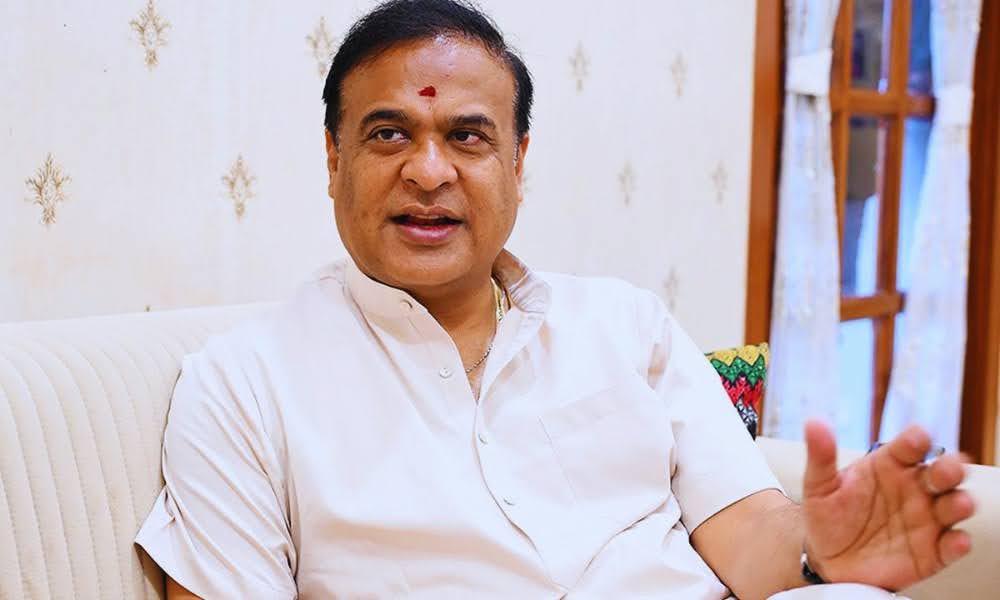Calcutta HC Raps CJM and Sessions Judge for Failing to Provide Legal Aid to NDPS Accused

The Calcutta High Court has taken strong exception to the conduct of two judicial officers for not providing legal assistance to an accused under the Narcotic Drugs and Psychotropic Substances (NDPS) Act.
The Court, while granting bail to the accused, noted that he had been produced before the Chief Judicial Magistrate (CJM) and later before the District and Sessions Judge (NDPS), Alipurduar, without being offered any legal representation, despite being undefended during both appearances.
Violation of Legal Rights During Court Appearances
Justice Krishna Rao, who presided over the matter, expressed concern over the denial of legal aid.
“This order be forwarded to the Registrar General of the High Court for information of the Hon’ble the Chief Justice and necessary action against the Chief Judicial Magistrate and District and Sessions Judge (NDPS), Alipurduar for not offering Advocate from Legal Aid to the petitioner as at the time of production, the petitioner was undefended,” the bench stated.
The accused was taken into custody on March 28, 2024, following the alleged seizure of 40 bottles of Rc-Kuff cough syrup from his residence.
He later moved the High Court for bail, contending that his arrest was unconstitutional and unlawful as he was not informed about the reasons for his detention.
Failure to Communicate Grounds of Arrest
The petitioner’s legal team argued that the arresting officer failed to inform him of the grounds of his arrest, thereby violating Article 22(1) of the Constitution of India and Section 52(1) of the NDPS Act, 1985.
The Court examined the arrest memo and found that it did not mention any specific reasons for the arrest, nor did it include a section dedicated to such information.
Though the memo bore the signatures of both the petitioner and one of his relatives, the absence of stated grounds rendered the document non-compliant with legal norms.
The Court remarked that the arrest lacked the required clarity and documentation to satisfy constitutional and statutory mandates.
No Supporting Evidence from Prosecution
The Court further noted that while the prosecution had claimed through the written complaint, case diary, and forwarding report that the grounds of arrest had been communicated to the accused, it failed to submit any documentary proof in support of this claim.
“Considering the above, this Court finds that while arresting the petitioner, the Arresting Officer has violated the provisions of Article 22(1) of the Constitution of India and Section 52(1) of the NDPS Act, 1985 by not informing the ground of arrest to the petitioner at the time of arrest of the petitioner,” the Court observed.
Lapses in Constitutional Compliance
The bench emphasized that every person who is arrested must be clearly and promptly informed of the grounds of arrest.
This obligation is not merely procedural but a fundamental right, and the manner in which the information is conveyed must ensure real understanding.
“This being the fundamental right guaranteed to the arrested person, the mode of conveying information of the grounds of arrest must necessarily be meaningful so as to serve the intended person. In the present case, the same is missing,” the Court added.
Grant of Bail Based on Procedural Irregularities
Based on the findings of both constitutional and procedural violations, the Court decided to grant bail to the petitioner.
The failure to provide legal aid during court appearances and the lack of compliance in communicating the grounds of arrest played a crucial role in the decision.
The case was titled Sudhar Mangar v. The State of West Bengal. The petitioner was represented by advocates Subhankar Dutta, Arjun Chowdhury, P. Dutta Chowdhury, Sunayana Parveen, Riya Agarwal, Mantu Mandal, Bappaditya Roy, Soumyadeep Paul, and Swagata Mitra. Advocates Aditi Shankar Chakraborty, Nilay Chakraborty, and Biswarup Roy appeared for the respondent.









